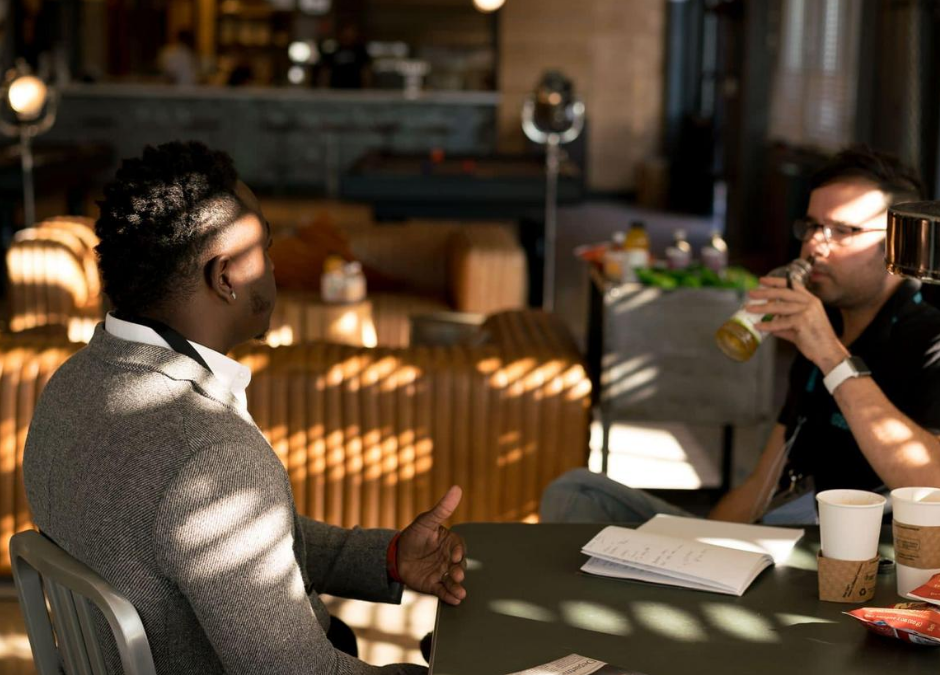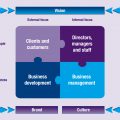 After many conversations with colleagues, team members and clients, it is evident cultures are best built intentionally if they are to last long enough to actually require maintenance. Leadership behaviour and cultures have been amplified during the COVID crisis – with gaps and cracks being exposed and constructive behaviours bringing even stronger and more determined performance.
After many conversations with colleagues, team members and clients, it is evident cultures are best built intentionally if they are to last long enough to actually require maintenance. Leadership behaviour and cultures have been amplified during the COVID crisis – with gaps and cracks being exposed and constructive behaviours bringing even stronger and more determined performance.
There is a pattern we have witnessed – for those organisations who have struggled to maintain their cultures it is evident they have relied on what we have called “accidental cultures”. They have struggled because their cultural maintenance has relied on accidental moments in the lifts, at the water cooler, in the hallways or as they raced between meetings and bumped into each other. These moments have been absent from remote working and hence leaders in these organisations have been left bewildered as to what they can do to maintain culture.
Create intentional moments
Sustainable and high performing cultures are best built intentionally, one purpose-filled conversation at a time. This is where and why so many leaders struggle, because in their average time pressured day it is easier to bring a focus on task completion and simply have the planned conversation about tasks. Historically they have relied on bumping into people in the office to have the conversations that demonstrate care and connection and it is usually with “big whopper” questions like “how are you?”. Confounded by where to start with this question many will respond “fine”. In our experience, cultures benefit from better questions that dig deeper and truly result in people connecting and feeling like they belong.
This somewhat lazy, accidental approach to culture has resulted in challenges when forced to work remotely. Magic can happen if leaders are prepared to dig deep and reflect with curiosity on what has happened, what has worked and what didn’t work – we can learn so much and be able to strengthen cultures moving forward when some kind of normal returns.
To build and maintain an intentional culture of care, connection, engagement and high performance takes focus, energy, time and discipline on the part of leaders to ignite and facilitate conversations that demonstrate the importance of these things.
As a leader it is critical to take time to prepare questions that create connection with each individual in the team. It is also important to demonstrate personal vulnerability and share some of your stuff as a leader – showing that you are not perfect.
So instead of asking “how are you?……….think about replacing it with highly intentional questions like:
- I have found this week particularly challenging as I juggled some serious client demands with the demands of my young family who seem to be wanting more of my time and energy. Tell me about your challenges this week?
- I found our team meeting very challenging earlier this week and I really valued your active participation. Tell me what your secret is as I appreciated the calmness and fairness you brought to the issue.
- Tell me more about your career aspirations as I appreciate lots is changing in the business right now and I really want to make sure we stay on top of your needs and wants as we recover into the future.
To develop questions for each individual in your team start by asking yourself what do I need to hear more about so I can truly show this person I care about them and want them to feel they belong to this team and the organisation.
Defining culture in simple behavioural terms
Working with a leadership team recently they declared it was critical to define what kind of behaviours they wanted to accept or reject as being part of the culture they were leading. For example if we say we want to be “inclusive” at a very simple level what is that going to look and sound like and how do we need to think about this each day so we can take action?
Until we define culture in this simple way it is challenging to be intentional in the way we build and maintain it. It is hard for leaders to determine the kinds of conversations that are going to develop the culture without this simple definition.
It all starts with the “First Team”
Take a look at your top leadership team – the “First Team” as referred to by Patrick Lencioni and assess how aligned they are in building and maintaining the culture. How do they behave with each other as they are role modelling what they expect throughout the business? This is where silos begin – competitive behaviour or encouraging, humanistic and kind behaviour. Once we see the First Team behaving in an aligned way with each other then it gives everyone permission to do the same.
Next Steps
When you want to get serious about creating intentional moments to build your culture, talk to us and we can provide plenty of guidance for how leaders can engage in more purpose-filled conversations.










